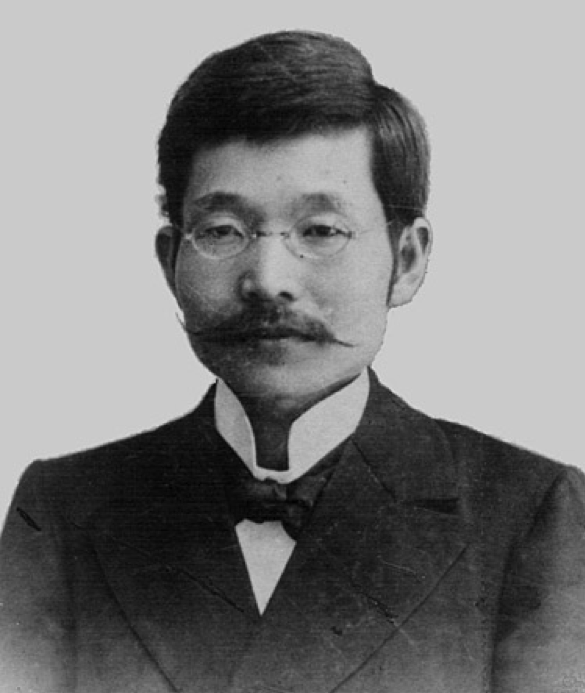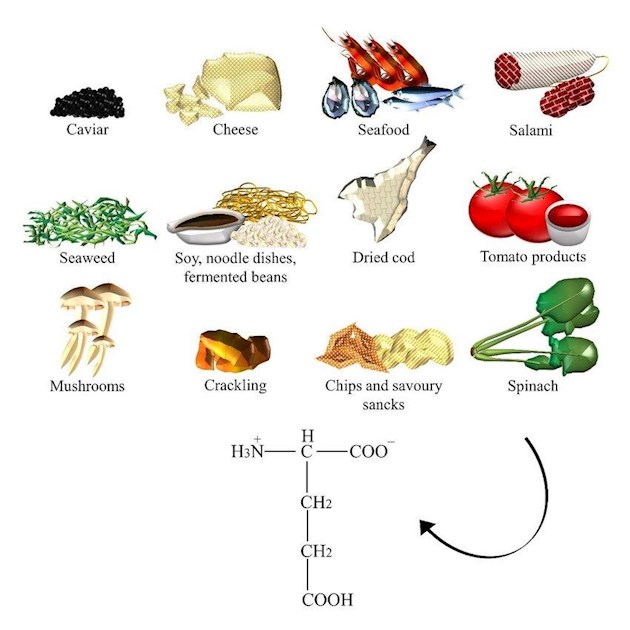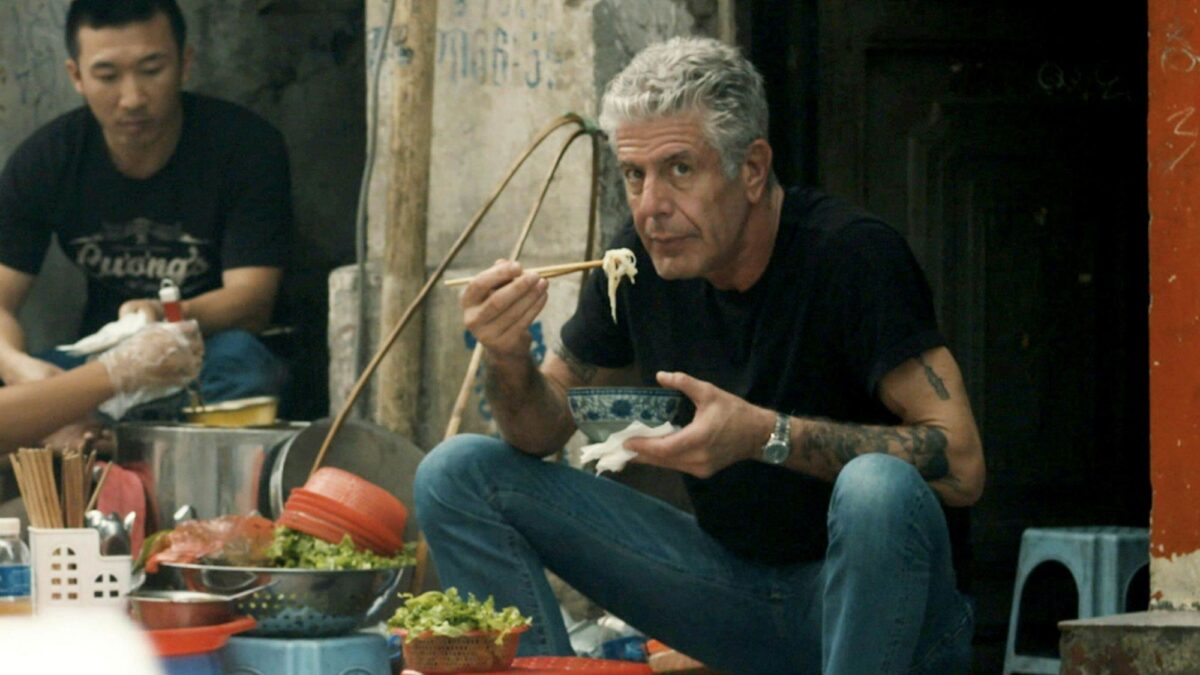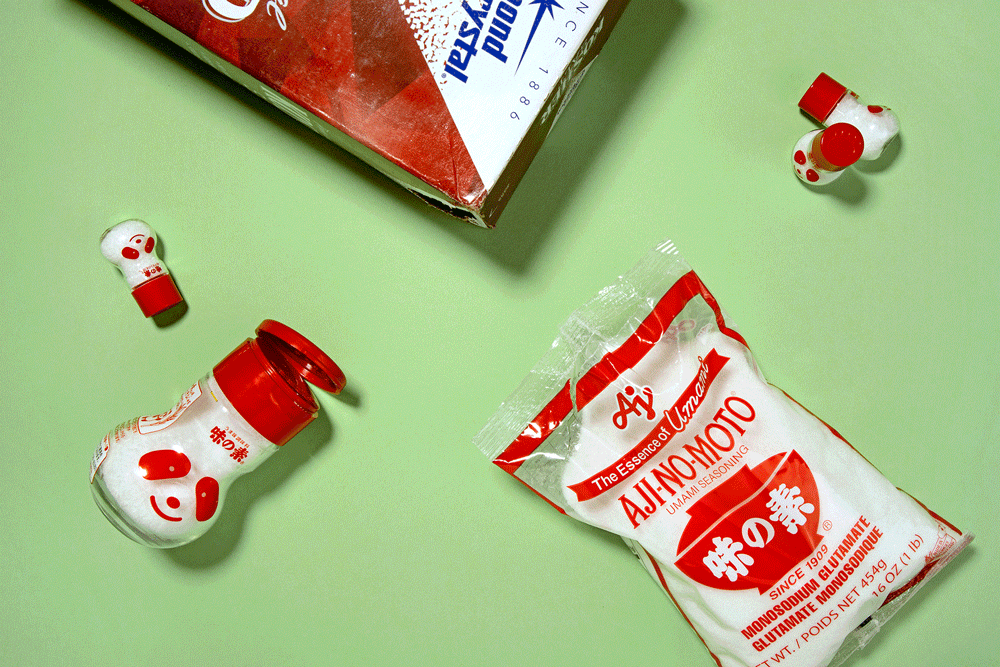By Ross MacNeil (RMacNeil@featherriver.coop)
At Feather River Food Co-op, we strive to support an equitable food system. Food equity is the expansive concept that all people have a right to grow and consume healthful, affordable, and culturally significant foods. But what happens to food equity when a culturally significant food is wrongfully mislabeled as “unhealthy”?

MSG stands for monosodium glutamate, the salt of glutamic acid. This compound can be found naturally in many foods such as fish, cheese, grapes, mushrooms, and peanuts. MSG is just a concentrated, shelf-stable version of this compound, usually created by fermenting corn, beets, or cane sugar. Japanese chemist Kikunae Ikeda was the first to create MSG, deriving it in 1908 from boiled seaweed broth. Ever since then, it has been a ubiquitous ingredient in cultures around the world.
MSG is also one of the most misunderstood ingredients of the last century. Many of us have avoided it ever since the false and offensively-named illness “Chinese Restaurant Syndrome“ entered our country’s zeitgeist in 1968. This was when the New England Journal of Medicine published a short letter written by a physician who reportedly fell ill after eating at a Chinese restaurant. MSG was the theorized culprit, which triggered a decades-long wave of false information, vilification, and xenophobia.

Since then, scientific studies have found no conclusive evidence that MSG causes acute or long-term health effects in humans. Like any other food, some may be sensitive to the ingredient if it is consumed in large quantities, but allergies are extremely rare; after all, our bodies produce glutamic acid naturally.
The reality is that MSG is already in many of the prepackaged foods we consume (canned vegetables, deli meats, most American chip brands, etc.). For the most part, these American brands get a pass. Unfortunately, it is usually Asian brands and restaurants that are forced to remove the ingredient from their recipes and hang “No MSG” signs on their windows.
It is important that we realize the implications of vilifying certain ingredients, and even more important that we ask ourselves if that vilification is based on any valid evidence. If we are able to keep an open mind and overcome the biases we might have, our co-op will be better equipped to support a more equitable food system.

“You know what causes Chinese restaurant syndrome? Racism. ‘Ooh I have a headache; it must have been the Chinese guy.'”
~Anthony Bourdain

